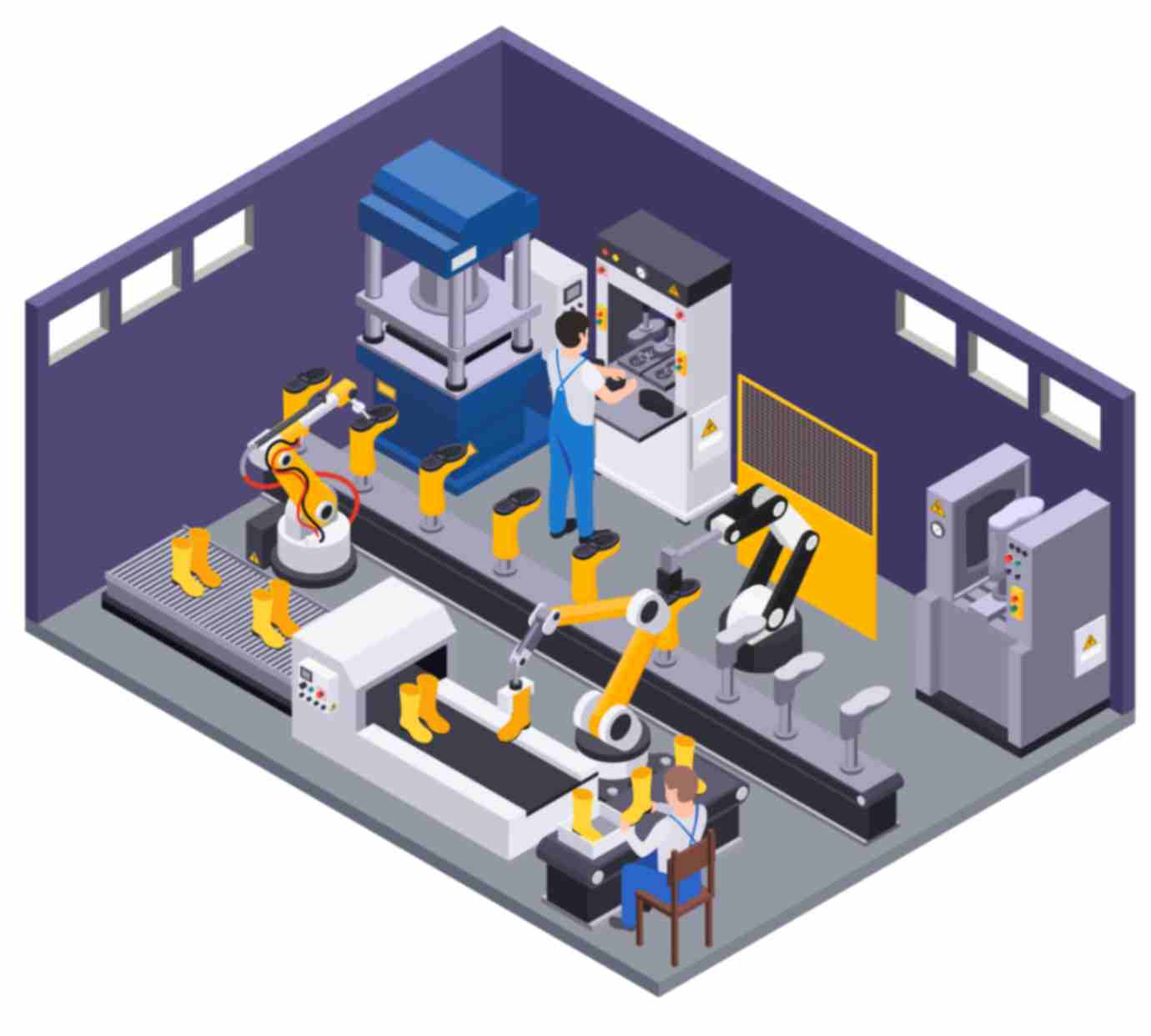
Discover how ERP for manufacturing supports lean production by improving efficiency, reducing waste, and automating workflows for scalable, agile growth.
In today’s fiercely competitive manufacturing landscape, companies face growing pressure to cut waste, boost efficiency, and respond quickly to market changes. The lean manufacturing philosophy—centered around minimizing waste while maximizing productivity—has become a benchmark for operational excellence. However, achieving lean goals using outdated tools or manual processes is increasingly impractical. This is where ERP for manufacturing becomes a vital enabler.
Modern ERP (Enterprise Resource Planning) systems offer manufacturers a centralized platform to streamline operations, eliminate redundancies, and implement lean practices at scale. This article explores how ERP integrates with lean principles, improves production workflows, and benefits manufacturers of all sizes, including small manufacturing companies.
Lean manufacturing is a methodology focused on delivering value to customers while minimizing waste throughout the production process. Key principles include:
Just-In-Time (JIT) inventory
Continuous improvement (Kaizen)
Value stream mapping
Pull-based production systems
Minimization of non-value-adding activities
Lean requires visibility, control, and constant monitoring—all of which ERP systems support.
Many manufacturers attempt lean adoption using spreadsheets or disconnected software. This often leads to:
Fragmented data across departments
Scheduling errors and inventory mismatches
Delayed identification of bottlenecks
Inability to monitor lean performance metrics
Without ERP, these inefficiencies undermine the lean philosophy. ERP resolves these issues by offering real-time data, centralized workflows, and automation.
ERP systems unify data from procurement, inventory, production, and quality. This allows manufacturers to:
Track work-in-progress and raw material levels live
Monitor shop floor activities and equipment status
Receive alerts on delays or non-conformances
This real-time insight is essential for identifying inefficiencies and acting quickly.
Lean manufacturing emphasizes minimal inventory. ERP systems support JIT through:
Automated stock level monitoring
Accurate demand forecasts
Timely purchase reorders based on lead time and consumption
This helps manufacturers avoid overstocking while ensuring materials are always available when needed.
ERP systems use BOMs, resource availability, and customer orders to generate optimized production schedules. Benefits include:
Reduced idle time for machines and labor
Balanced workloads across shifts
Shorter production cycles and lower WIP inventory
Efficient scheduling supports lean’s focus on flow and flexibility.
ERP-integrated quality modules allow:
In-process and post-production inspections
Automated non-conformance tracking
Root cause analysis and corrective action workflows
With quality embedded into production, manufacturers reduce scrap, rework, and returns—key lean objectives.
Manual, repetitive tasks create waste. ERP automates functions such as:
Purchase order approvals
Material movement tracking
Equipment maintenance scheduling
Time and attendance logging
Automation ensures consistency and frees staff to focus on value-adding tasks.
Lean depends on tracking performance and making incremental improvements. ERP supports this with:
Dashboards for OEE, downtime, and defect tracking
Historical trend analysis to spot recurring issues
Reports to support Plan-Do-Check-Act (PDCA) cycles
This data-driven environment sustains long-term lean adoption.
Manufacturers who align ERP with lean practices enjoy:
Reduced operational costs
Faster production and delivery cycles
Fewer product defects and returns
Higher labor and equipment utilization
Improved customer satisfaction
These benefits are particularly impactful for the best ERP for manufacturing industry, where agility and visibility are competitive advantages.
A mid-sized plastic components manufacturer implemented ERP to align with lean goals. In just six months, they achieved:
20% reduction in raw material inventory
35% improvement in on-time deliveries
15% boost in labor efficiency
Real-time monitoring of defects and machine usage
The outcome: a more agile and profitable production process with stronger customer focus.
Lean manufacturing is a proven strategy for improving efficiency, reducing waste, and enhancing customer value. However, without integration, automation, and visibility, lean principles are difficult to execute effectively. A well-designed ERP for manufacturing provides the real-time data, process control, and workflow automation needed to sustain lean operations.
Whether you’re a global manufacturer or a growing small manufacturing company, ERP helps embed lean thinking into every aspect of production. It’s not just a system—it’s a strategic tool that drives operational excellence and long-term competitiveness.
© 2024 Crivva - Business Promotion. All rights reserved.